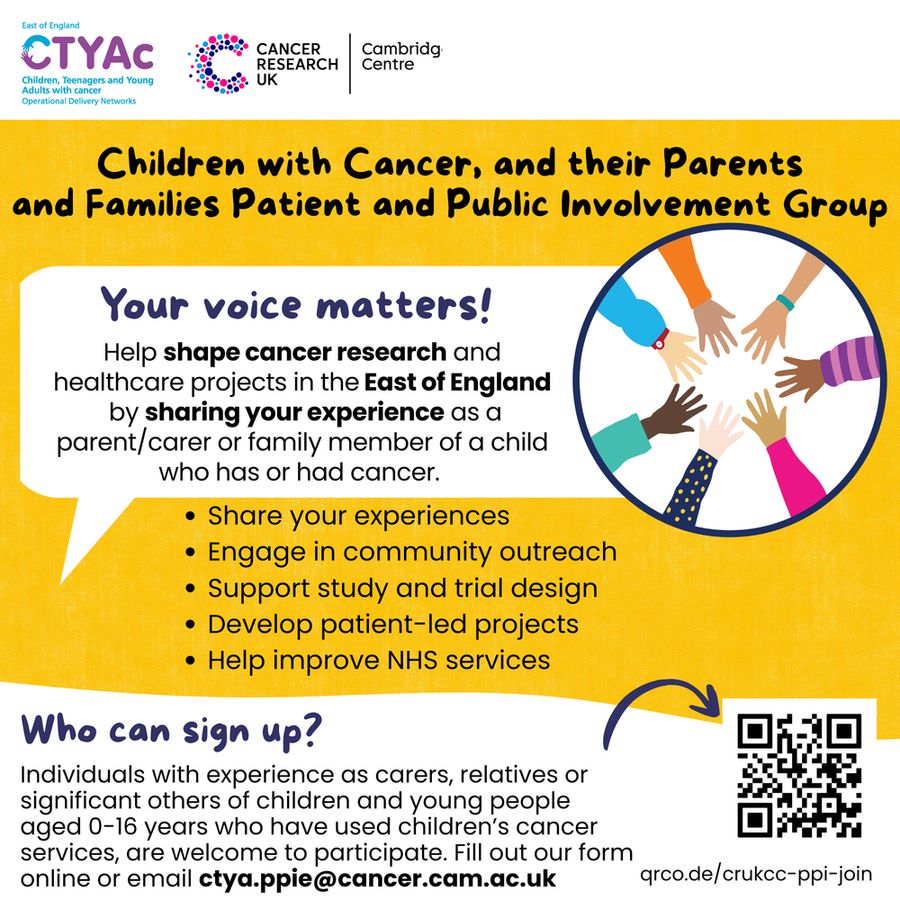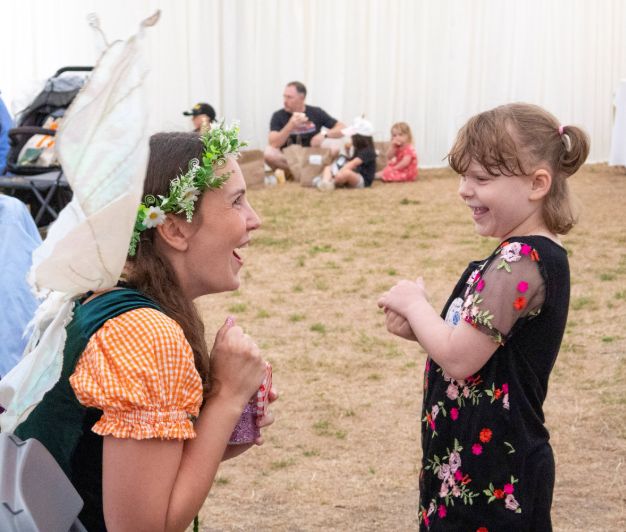
CRUK Cambridge Centre: CTYA Cancers
@crukcamctya.bsky.social
24 followers
92 following
130 posts
Posting about CTYA cancers research, education and events from the Childhood, Teenage and Young Adult Cancers Programme at the
@crukcamcentre.bsky.social. Find out more at: www.crukcc.org/ctya
Posts
Media
Videos
Starter Packs
Reposted by CRUK Cambridge Centre: CTYA Cancers
Reposted by CRUK Cambridge Centre: CTYA Cancers
Reposted by CRUK Cambridge Centre: CTYA Cancers













